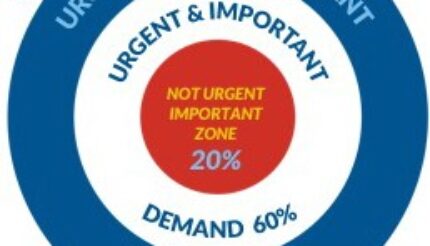Long after the anti-sneeze screens and hand sanitiser stations have disappeared, employees, managers and leaders will be mulling over the new ideas and working practices that have surfaced during and after lockdown. I believe that this period has accelerated our ideas and attitudes to digitally-enabled remote work by at least 5 years.
Many will realise that technology which previously scared the living daylights out of them isn’t so bad after all. Do we really need to take a 5-hour train ride to Edinburgh, or could we just Zoom instead? Now we’ve learned to trust our remote collaboration tools to save our work, do we need to keep emailing documents around the office?
These and many other questions will be debated as workers return to their offices in the coming months. But there’s danger lurking in those early discussions. Returning to how things used to be will feel like the easiest and safest route for many. The old processes and systems used to work well, so do we really need to change them?
The answers don’t lie with the leaders or managers. They lie with the employees. They must now demand Outcome-Based Freedoms, or OBFs. Is commuting for 2 hours every day and sitting in an office for 8 hours every day and showing your face every day the only way of achieving the outcomes your business needs?
When employees demand OBFs, what they’re really asking for is real leadership.
A leader should explain why the business does what it does. She should go on to specify the outcomes required – this many units produced, this many clients’ projects completed, this many reservations taken, and so on.
The managers will take this information and allocate resources (money, people, equipment, time and so on) to achieve the stated outcomes.
Instead of demanding everyone commutes for two hours every day and sits in the office for 8 hours every day, managers will learn that when given OBFs, employees can still achieve the outcomes required, but with greater personal freedoms. What could that do to levels of employee satisfaction and retention?
In his book Outliers, Malcolm Gladwell examined what was needed to make work satisfying. He said “Those three things – autonomy, complexity, and a connection between effort and reward – are, most people will agree, the three qualities work has to have.”
If managers give workers autonomy to complete complex tasks, but with greater OBFs, I’ll bet productivity will improve. When leaders and managers give workers a clear line of sight between their efforts and the success of the company, this improved awareness will push people to deliver greater effort in pursuit of a worthwhile goal.
So, when you return to work, demand OBFs – the freedoms to produce the outcomes your managers need and your leaders demand, without the constraints of the traditional workplace. There’ll never be a better opportunity to get these than now.





